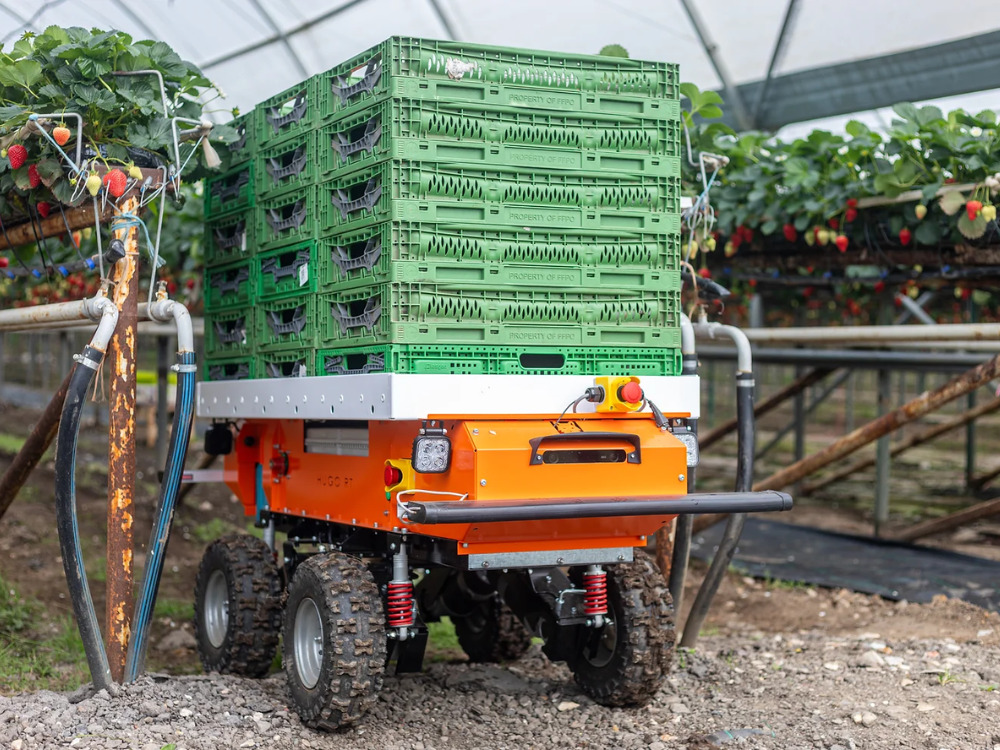Mr. Sobyanin wrote in a blog post that the newly unemployed can work in the city’s parks, service centers and public health pavilions, “an opportunity to do useful work and acquire new skills.”
In an appearance at the lower house of Parliament, Elvia Nabiullina, the chairwoman of the Russian Central Bank, gave a more far-reaching, negative assessment. She told lawmakers that while the sanctions’ impact had largely been on the financial markets at first, they “will now begin to increasingly affect the real sectors of the economy.”
For example, she said, “practically every product” manufactured in Russia relies on imported components. Factories for now may still have them in stock. But because of new Western export restrictions, Russian companies will be forced to shift their supply chains or start making their own components.
“At the moment, perhaps this problem is not yet so strongly felt, because there are still reserves in the economy, but we see that sanctions are being tightened almost every day,” she said. “But the period during which the economy can live on reserves is finite.”
Russia-Ukraine War: Key Developments
Ms. Nabiullina, an internationally respected central banker who reportedly tried to resign in the days after the war, said about half of the central bank’s $600 billion foreign currency and gold reserves remained frozen because of sanctions. Those reserves that the bank still controlled, she said, were mainly gold and yuan — of little use in trying to stabilize the ruble — forcing the bank to resort to capital controls like limiting how much foreign currency can be taken out of the country.
In his televised videoconference later in the day with Ms. Nabiullina and several other officials, Mr. Putin acknowledged that the Russian economy did face some problems, including inflation. He said he had already directed the pensions and salaries of state employees — part of Mr. Putin’s political base — to be adjusted for inflation and indicated that he supported greater government spending to stimulate the economy.
“The budget should actively support the economy, saturate the economy with financial resources, and maintain its liquidity,” Mr. Putin said. “There are opportunities for this. Of course, we need to act carefully.”





